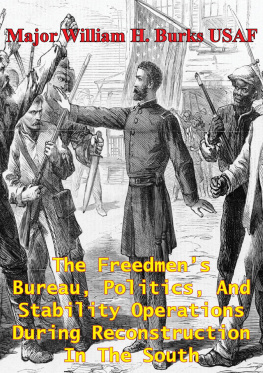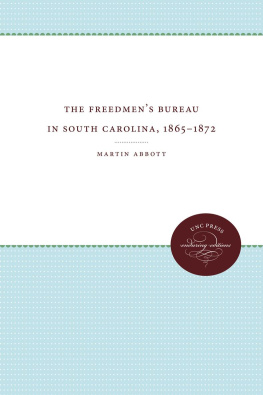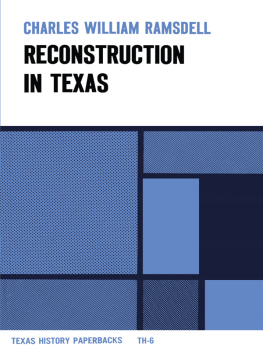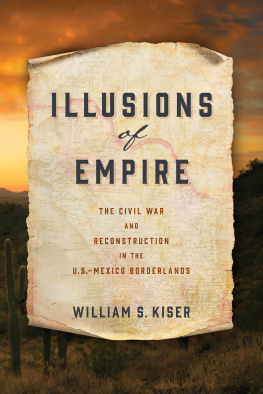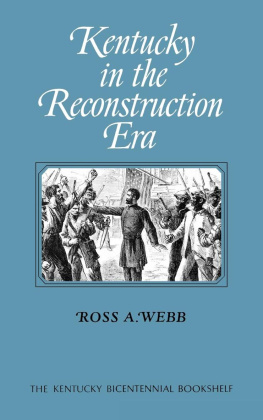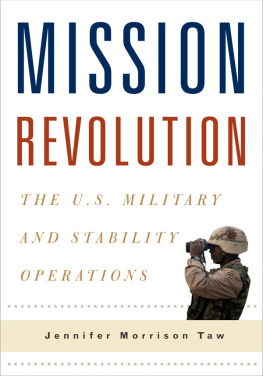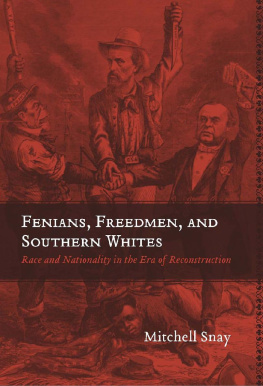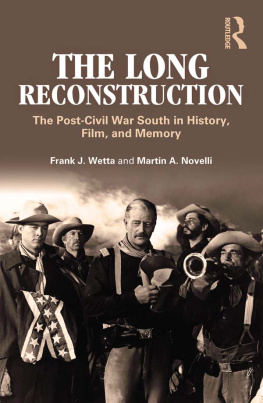This edition is published by PICKLE PARTNERS PUBLISHINGwww.picklepartnerspublishing.com
To join our mailing list for new titles or for issues with our books picklepublishing@gmail.com
Or on Facebook
Text originally published in 2009 under the same title.
Pickle Partners Publishing 2014, all rights reserved. No part of this publication may be reproduced, stored in a retrieval system or transmitted by any means, electrical, mechanical or otherwise without the written permission of the copyright holder.
Publishers Note
Although in most cases we have retained the Authors original spelling and grammar to authentically reproduce the work of the Author and the original intent of such material, some additional notes and clarifications have been added for the modern readers benefit.
We have also made every effort to include all maps and illustrations of the original edition the limitations of formatting do not allow of including larger maps, we will upload as many of these maps as possible.
THE FREEDMENS BUREAU, POLITICS, AND STABILITY OPERATIONS DURING RECONSTRUCTION IN THE SOUTH
by
WILLIAM H. BURKS, MAJ, USAF
B.S., US Air Force Academy, Colorado Springs, CO, 1995
TABLE OF CONTENTS
Contents
ABSTRACT
The United States Civil War ended in 1865. However, the post-conflict period immediately following, known as Reconstruction, lasted another twelve years. This era provides a great case study to examine the impacts of politics on military stability operations. This paper studies the Freedmens Bureau during its existence from 1865 to 1872. Envisioned as the lead organization for integrating former slaves into American society, the Bureaus efforts in the post-Civil War South were undermined by a hostile political situation at the national and state level and a diminishing lack of popular support throughout the entire nation to embrace radical social changes. The Bureaus operational timeframe splits into three distinct periods: conflict with President Andrew Johnson from 1865 to early 1867, revamped efforts during Congressional Reconstruction from early 1867 to the end of 1868, and a reduced operational focus (primarily education) from 1869 to 1872. The Bureau faced manning challenges and fought racism as it worked to help former slaves become self-sufficient, educated, and true citizens of the nation in which they resided. Unfortunately, hostile political conditions meant much of the civil rights work accomplished by the Bureau was subdued after its demise until the Civil Rights Movement in the 1960s.
ACKNOWLEDGMENTS
First and foremost, special thanks go to my wife, Susan, and son, Ethan, for their amazing support over the year. Many Saturdays were sacrificed at the library to finish this thesis. Their understanding and patience was reassuring when my nerves got frazzled. Also, an individual thank-you goes to each of my committee members for their patience and understanding; this project rarely, if ever, met the timelines directed by the school. Their insight, questions, and encouragement kept me on track when motivation waned at times.
CHAPTER 1 INTRODUCTION
Birth of a Peculiar Institution
A Dutch trading ship delivered the first African slaves to America when it landed on the shores of the young Virginia colony in 1619. The work to blot slaverys stain from American soil proved daunting, a task made all the more difficult by drastically different visions for the way ahead from the countrys political leadership. The nations failure to properly resolve the many social ills and prejudices born from slavery still haunt portions of this country today.
For every difficult task, there must be a laborer. At the end of the United States Civil War, the Federal government had to reconcile four million former slaves to a society many of them were lukewarm to embrace. Although envisioned to be the lead organization for integrating freedmen into American society, the Freedmens Bureaus efforts to conduct stability operations with lasting effects in the post-Civil War South were limited by a hostile political situation and a society not ready to fully embrace radical social changes.
The Early Debate: A Snapshot of Slavery Politics 1776-1862
We hold these Truths to be self-evident, that all Men are created equal , that they are endowed by their Creator with certain unalienable rights, that among these are Life, Liberty , and the Pursuit of Happiness.... The Declaration of Independence [emphasis added]
Questions on the role of blacks in America and the validity of slavery as an institution appeared on the national political stage as early as the American Revolution. Many opponents argued for its destruction as a plea to humanity noting the intense hypocrisy of the practice in a country founded on the famous words above from the Declaration of Independence. In 1776, Thomas Jeffersons early draft of the Declaration included a condemnation of Great Britain for essentially subjecting the colonies to slavery. He removed the reference from the final version due to intense pressure from South Carolina and other southern states. Shortly after the Revolution, at least five northern states banned the practice in their state constitutions. Jefferson and other Founding Fathers including James Madison, Alexander Hamilton, Benjamin Franklin, and George Washington went on to advocate a future for the nation without slavery through their writings and actions though many owned them.
The debate quickly surfaced again during the conventions to draft a new American Constitution. Southern delegates, concerned northern states would have superior representation in the newly proposed House of Representatives, argued slaves should count in census numbers establishing state representation levels in the national government. New Englanders contended slaves should be counted for establishing national taxes under the new government framework. Pennsylvanian James Wilson offered the infamous three-fifths compromise to resolve the situation.
As the United States expanded westward, so did the debate. The political repercussions of each new state and territory were immense. New states meant new representatives and senators in Congress. Slaverys advocates feared the balance of power could easily shift and threaten their way of life. South Carolina politician John S. Preston boldly declared in 1860, Slavery is our king slavery is our truth slavery is our Divine Right.
Lincoln assumed the presidency on 4 March 1861 facing a national crisis unparalleled in the nations brief history. Despite the fact that slavery was the issue quietly fueling the nations divisiveness, emancipation was not Lincolns highest priority at the onset of war. Restoration of the Union garnered more support for the war effort initially in the North. Lincoln hoped to keep border slave states in the Union thus showing the secessionists he was willing to reconcile and allow for their quick return with all their property. However, as the war progressed, Confederates used slaves to support their war machine. The exodus of slaves to Federal forces entering Southern territory led Union generals to adopt the policy, established by General Benjamin F. Butler, which considered these fugitives as contraband now employed to support the Union cause. Radical Republicans and abolitionists seized the opportunity to end the governments sanction of the subjugation of blacks in America.
By mid-1862, Lincoln sensed the Union grew more supportive of emancipation. At the same time, he sought to quiet calls in Britain for official recognition of the Confederacy. Taking advantage of the Union victory by George B. McClellan over Robert E. Lee at Antietam, near Sharpsburg, Maryland, on 17 September 1862, Lincoln warned the Confederacy he would free its slaves if Rebel armies did not lay down arms by the end of the year. When the Confederate government refused to comply, Lincoln signed the Emancipation Proclamation on 1 January 1863 freeing the slaves in Confederate-controlled territory in the South. It also created a sense of urgency into the discussion of how to integrate the freed slaves into society after the war and what type of agency would be best suited to handle such a daunting task.


